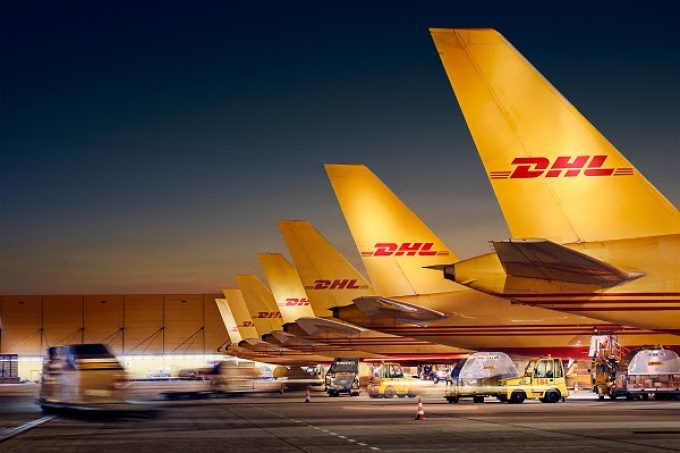Carriers put on a brave face amid further decline in ocean spot rates
Container spot freight rates on the main east-west trades saw another week of declines, although, ...

Express parcel service providers are looking to capitalise on strong ecommerce demand out of India, propelled by accelerated economic development and rising middle-class spending on discretionary products.
Major international and domestic parcel integrators have announced significant general rate increases for 2025.
DHL Express will implement a 6.9% rate hike from 1 January for Indian customers. The market leader said the upward price adjustment was necessary to recoup the higher operating costs due to inflationary pressures, currency fluctuations and security factors.
“We are committed ...
Latest strike will cause ‘massive' disruption at German airports
CMA CGM pledges $20bn investment to boost US supply chains
CMA CGM could build medium-size vessels in US, says Saade
Asia-Europe FAK price hikes manage to halt 13-week rate decline
Box ship in collision with tanker off UK coast
Airlines rethink strategy as ecommerce to US begins decline
Ceva Logistics UK named and shamed as a 'serial late-payer'
White House can't see that trade war will hit US agriculture hardest

Comment on this article